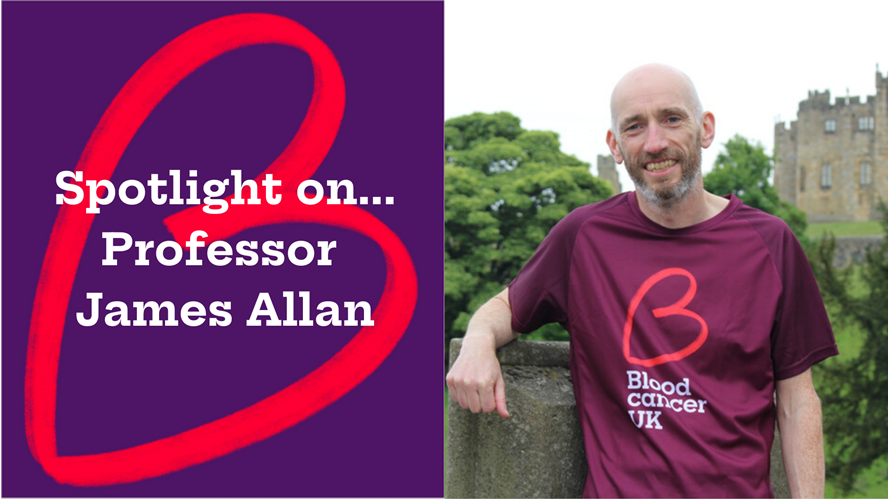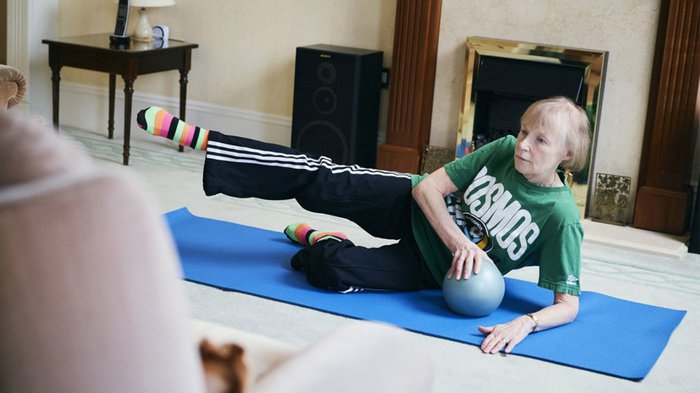
BREAKING: people with blood cancer who are extremely clinically vulnerable have been moved up the provisional priority list for a vaccine. They are now at the same priority level as people aged over 70. This is great news! /1
Previously, younger people with blood cancer were only expected to get a vaccine after everyone aged 65+ had been offered one. But the new priority list better reflects the fact that people with blood cancer are especially vulnerable to #COVIDー19. /2
There’s also the good news that adults who live with people with blood cancer will also get priority. This is important because any vaccine might not work as well in people with compromised immune systems. /3
We’ve been calling on the Govt to look again at this, so thanks so much to @MattHancock and the Government for listening to the voices of people with blood cancer and changing the list 🙏 /4
But this won’t definitely be the final priority order. No vaccines have been approved yet, and we’re waiting for confirmation that any vaccine will be safe and effective for people with blood cancer. More on the background to this is on our blog bloodcancer.org.uk/news/coronavir… /5
• • •
Missing some Tweet in this thread? You can try to
force a refresh




